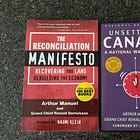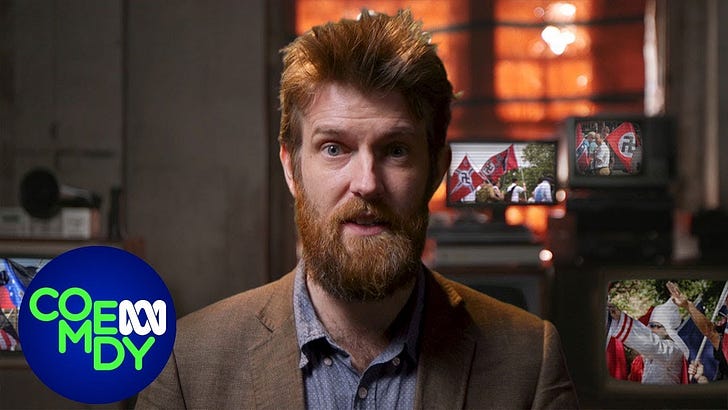Identity Politics? 2025 Election priorities? The core problem is political identity silos!
I was watching some Daily Show clips, and I noticed a reference to something I familiar. While US comedian Jordan Klepper was sharing his “Wildest MAGAverse Movements”, I have observed the same phenomenon across the entire of the British North American (Canada + USA) political spectrum.
(BTW: I get the joke, but you don’t have to be a “loser” to be willing to actually listen to those who you believe are some “other side”. Not everything in life needs to be a competition, and the most important things in life aren’t!)
Far too many peole have included specific political views as a core part of their identity. This effectively means you can’t share information as any questioning of the silo they have placed themselves into is seen as an attack on themselves. It isn’t only about “MAGA”, or even “Republican” vs “Democrat”.
In Canada, many are confused about the word “conservative” in “Conservative Party of Canada” (CPC) and “liberal” in “Liberal Party of Canada” (LPC). CPC policies are not always conservative and LPC policies are not always liberal, and while Canadians seem to want to be the USA (treat parliament as a US electoral college, etc), there are actually more than two options on their ballots. For many, “Liberals” and “liberals” aren’t even seen as part of “the left”.
There is further confusion in Canada about words like “neoliberalism”, which is a political ideology that is core to the Reform party branch of the CPC, which is the branch that Pierre Poilievre has identified with since around 16 years of age. If you don’t like neoliberalism you should reject the current CPC even more than the LPC and NDP (which also adhere to some of that ideology, just nowhere near to the level of Reform).
These terms are regularly misused by people whose identity is formed around “not” being some other thing. Canadians identify as “not Americans” (Not USA), not looking past British North American worldviews. People identify as “not conservative” or “not liberal”, ignoring the meanings of those words and creating a whole identity around an angry Straw Man argument.
Anger is abused to bring people together on what they oppose, but is counterproductive if you want to bring people together to do something positive.
I regularly have a hard time discussing politics with anyone whose identity is attached to one of these silos, regardless of where they have forced themselves into Canada’s “political spectrum”.
There are two political areas that are core to my concerns that I have wanted to talk about during this election, but given these identity silos I’m not sure if it would matter.
Democratic Reform – I see the identity silos, including how people have added specific corporate political parties to their identities, and I see this as unhealthy and dangerous. Functioning politics and democracy cannot happen in that environment.
Canadian Genocide Denialism – whether we are talking about Residential Schools, Constitution Express, RCAP, TRC, MMIWG, or Gaza.
Note: Canada and Canadians have a subjective idea of what is and is not Genocide, depending on whether the alleged perpetrator is an ally. You can see this with how quickly Canada suggested the Ukrainian Famine (Holodomor) was genocide while the Irish Famine was not, even though both were impacts of the same policies (Foreign centralized power making decisions. Ireland is an island nation, but its residents weren’t allowed by the British to eat their own fish and other foods when potatoes weren’t available).
This is about personal identity for those who include “Canada”, “Britain”, “British North America” or the Anglosphere generally as part of their personal identity. This blocks people from being able to have conversations.
I don’t see either of my core concerns on the ballot, whether I look only at the people in my district or if I was someone who voted along party lines.
Whether it is people having a “one true political party” part of the identity (and thus focused only on party silos and not human parliamentarians), or if they have specific governments (or countries) as part of their identity, there is an inability to have discussions or move forward with necessary policy reforms.






